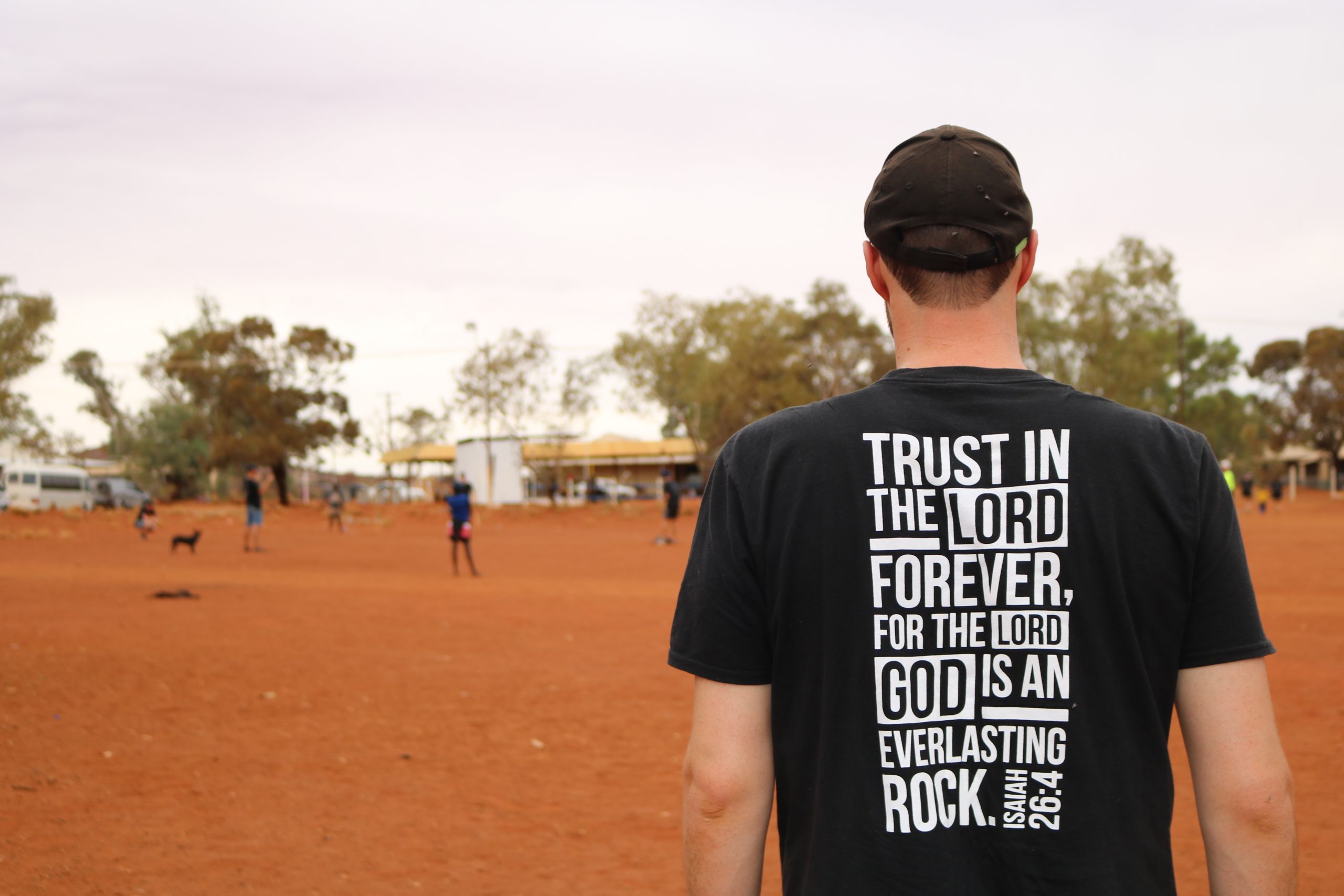Talk 5: A Generation of Storytellers
What book was voted Amazon’s ‘Greatest Book of the Millennium’? None other than J.R.R. Tolkien’s epic trilogy ‘The Lord of the Rings’ (LOTR). Of all the books in the world, why pick this one? Why did these fantasy stories resonate deeply in the imagination of so many? Before the war, Tolkien studied at Oxford and later returned as a professor. One day, while grading exams, he wrote on a pile of paper, “In a hole in the ground there lived a hobbit”, the first line in his novel ‘The Hobbit’, which in turn led to the LOTR trilogy. The themes in his stories point to the greatest story ever told.
To Tolkien, if humans are the imago dei of the Creator, then part of humanity’s purpose is to be sub-creators who cultivate God’s creation. The fantastical fiction of Middle Earth seems so real as it mirrors the greatest creation. He focussed on the sudden and favourable resolution of events (an eucatastrophe). [1] Simply called a happy ending.
For him, the Gospel was a true fairy-story of a larger kind that pointed to the essence of all fairy stories. In a broken world, full of sin and sadness, the joy of eucatastrophes resonate deeply in our hearts. At the end of LOTR, the young hobbit gardener, Sam, says, “Gandalf ! I thought you were dead ! But then I thought I was dead myself. Is everything sad to come untrue?” Like the hobbits, we can respond with a resounding ‘Amen’ and a deep joy, for this is our story. Christ has entered our world and is moving us forward to the ultimate happy ending.
As Christian schools, we need to raise a generation of storytellers for Jesus. As teachers, we are to unfold stories of those whose lives witness to the good news of God’s love and make a redemptive difference in His world. This is a powerful pedagogy that inspires our students to respond to the call of the Creator, find the deepest meaning of their lives and discover His purpose for which they can live or die. Paul Roe, who is referred to as the Outback historian, has written a book called ‘Tell me Another – A Storyteller’s Search for Australia’s Lost Faith’. His vision is to raise a new generation of young people who explore and discover the lives of the many Australian Christians who had significant impact in building our nation. Through their lives, “..he follows the footprints of the Master Storyteller and uncovers unknown treasures of the nation”. [2]
Paul has taken students on historical pilgrimages to help them remember the buried stories of Australia’s heroes, pioneers and visionaries. Right from Kindergarten to Year 12, we need to tell stories of their lives. As we seek to share the history of Australia through the lens of faith, let us celebrate those who made a difference for the Gospel of Christ, as their transformed lives, flowed out to transform our culture and build our nation.
One such man was Neville Bonner – the first indigenous Australian to enter Parliament. On 20 August 1971, a Jagera man born beneath a palm tree at Ukerebagh Island near Tweed Heads, took his oath as a Liberal Senator of Queensland, nine years after Aboriginals got the right to vote. Neville was the second son of Henry Bonner, an English migrant and his wife Julia, the daughter of Ida, an indigenous woman. His maternal grandfather was a fully initiated member of the Jagera (Yuggera) tribe. His grandmother Ida, who was to have a significant influence in his life and faith, was a member of the Ugarapul tribe.
When Julia was pregnant with Neville, his father left Julia destitute and she moved to an Aboriginal reserve where she remained for five years, before taking her two sons to Lismore. His mum died when he was ten years old and Ida moved back to Queensland, where Neville was enrolled in third grade. This was his only formal education and when his grandmother died that year, his uncle took him and his siblings to a Queensland Aboriginal settlement.
Neville was self-educated and gifted with a zest for learning, once boasting of his education in the “university of hard knocks”. He was a trail-blazer, a man of faith and a national healer, devoting his life to promoting harmony between Aboriginal and non‑Aboriginal Australians. Bonner moved to Ipswich in 1960 where he joined the One People of Australia League (OPAL). With its vision to “weld the coloured and white citizens of Australia into one people”, OPAL took an integrationist approach to incorporating indigenous Australians into a single multicultural society. In practical terms, its focus was on the provision of housing, education and training for indigenous Australians in need. Bonner joined its state committee and served as President from 1968 to 1974.
During his time in Ipswich, Bonner campaigned for the 1967 referendum to enable Commonwealth to make laws concerning Aboriginal people and joined the Liberal Party. Following the resignation of Liberal Senator Dame Anabelle Rankin in 1971, the Party selected Bonner to fill its casual vacancy, where he became the first indigenous Australian Member of Parliament.
When Bonner was escorted into the parliamentary chamber to be sworn in as a Senator on 20 August 1971, he heard the voice of his late grandfather saying to him that it is alright now, as you are finally in the council of the Australian elders.
In his 12 years as a senator (1971- 83) he championed faith, family, patriotism, free enterprise and human dignity. Despite losing his seat in 1983, he continued to be a strong advocate for Indigenous rights, until his death in 1999. As he embarked on his parliamentary career, Bonner reflected on what he saw as his four responsibilities,
“My first responsibility was to God, because I am a Christian. My second responsibility to my nation, because I’m Australian. My third responsibility was to the party that I am part of; but interwoven through this whole sequence was my almost, all-consuming, burning desire to help my own people, the Aboriginal community, to help champion reconciliation, before that word was widely used.” [3]
May the Lord richly bless you as you tell stories to ignite feelings in our students that bind us together and tell them who they are and engender hope.
“We will not hide them from their children;
We will tell the next generation the praiseworthy deeds of the Lord, His power and the wonders He has done.”Psalm 78: 4
[1] J.R.R Tolkien, edited by Verlyn Fleiger & Douglas A. Anderson, On Fairy Stories, (London: HarperCollins Publishers, 2008), 23
[2] https://www.theoutbackhistorian.com.au
[3] https:/wwweternitynews.com.au/Australia/my-first-responsibility-was-to-good-remembering-neville-boner/

